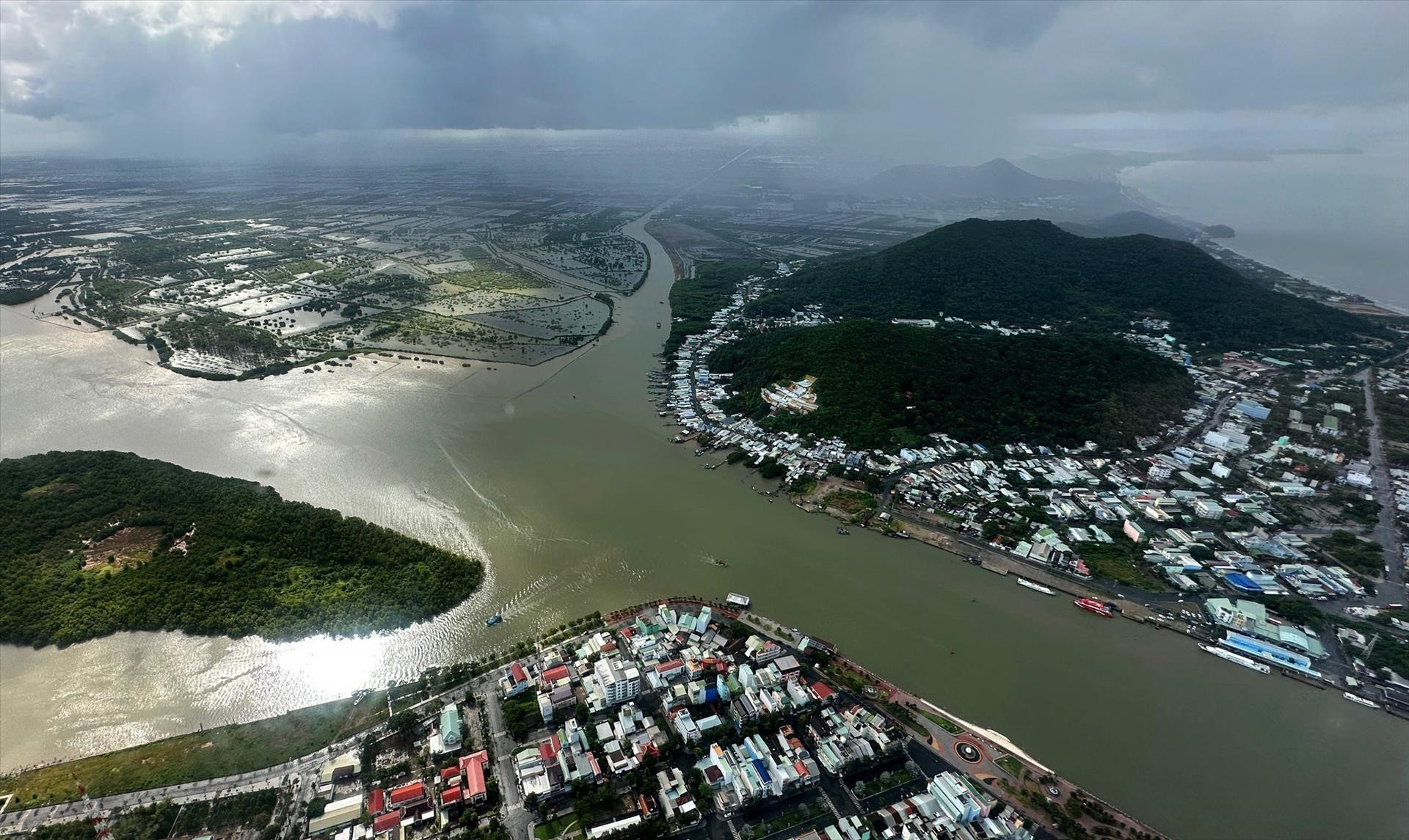
To turn commitments into reality, Vietnam has created a legal framework for green development, digital transformation and energy transition in accordance with the eighth national power development plan (Plan 8).
The work began three years ago, when Vietnam, at COP26, pledged to protect forests, reduce net emissions to zero percent by 2050, reduce methane emissions by 30 percent by 2030, and reduce and eliminate coal-fired power in 2030-2040.
Vietnam needs to accelerate the green growth strategy with a long-term vision in order to obtain zero percent net emissions by 2050.
COP26, with the participation of 197 countries and territories, set a roadmap on the highest-ever level of reduction of greenhouse gas emissions. As many as 136 countries and territories committed to obtain zero net emissions by the middle of the century.
More than 100 countries and territories committed to reduce and stop deforestation. Meanwhile, 34 countries and some international banks and financial institutions promised to support projects for sustainable development and to stop supporting projects that use fossil fuel with no mitigation technology.
Vietnam is one of the most vulnerable countries to climate change, ranking 13th out of 180 countries in the Germanwatch Global Climate Risk Index 2000-2021. It ranks 127th out of 182 countries according to the Notre Dame Global Adaptation Initiative (ND-GAIN).
Vietnam has not prepared well to deal with extreme weather conditions, higher temperatures and rising sea levels (ranked 91st out of 192 countries according to the ND-GAIN Readiness Index).
Assuming that Vietnam’s average temperature increases at a similar rate to the globe, in 2080-2090, the average temperature may increase by 1-3.4oC compared with the basic level in 1986-2005. The increase in extreme heat is likely to amplify the impact on health, livelihoods and ecosystems.
According to the World Bank, coastal lowlands and river-basin deltas in Vietnam will suffered heavily from the sea water level rise. If Vietnam doesn’t have effective measures to deal with the problem, about 6-12 million people would bear negative impacts from floods in the 2070-2100 period.
Climate change is worsening risks caused by floods.
From 2035-2044, several million people will be impacted by serious floods each year. Climate change is interrupting Vietnam’s economy and high costs have slowed growth. The World Bank has estimated that in 2021-2022, Vietnam lost $10 billion, or 3.2 percent of GDP, because of climate change.
Vietnam's vulnerability to climate change stems from accumulated GHG volume in the atmosphere and the slow response to the largest polluters. The situation may become worse because of poor planning and unsustainable management of resources.
In the Mekong Delta, for example, arbitrary sand exploitation is increasing the impact of sea water level rise, causing coastal and river bank erosion.
The Department of Climate Change (2022) reported that extreme climate happenings cause a damage of VND23 trillion, or $1 billion, each year. In the Mekong Delta, the damage caused by climate change is very serious, equal to VND8 trillion in 2019-2020.
In 2010-2021, the total damage caused by natural calamities and climate change to the Mekong Delta reached VND31.945 trillion.
Meanwhile, the World Bank estimates that the direct damage in public and private assets is $2.4 billion a year, or 0.8 percent of GDP, because of extreme climate phenomena.
With these commitments made at conferences, Vietnam is likely to become the pioneer in the region in terms of green growth and green recovery – an important method and the right track for rapid but sustainable growth.
Experts said digitization, greening, and the balancing of economic and social growth will help Vietnam more quickly obtain the long-term goal of sustainable development and become a high middle-income country by 2030 and high-income country by 2045.
However, huge resources from different sources must be mobilized and used effectively for this unprecedented transition.
Lan Anh